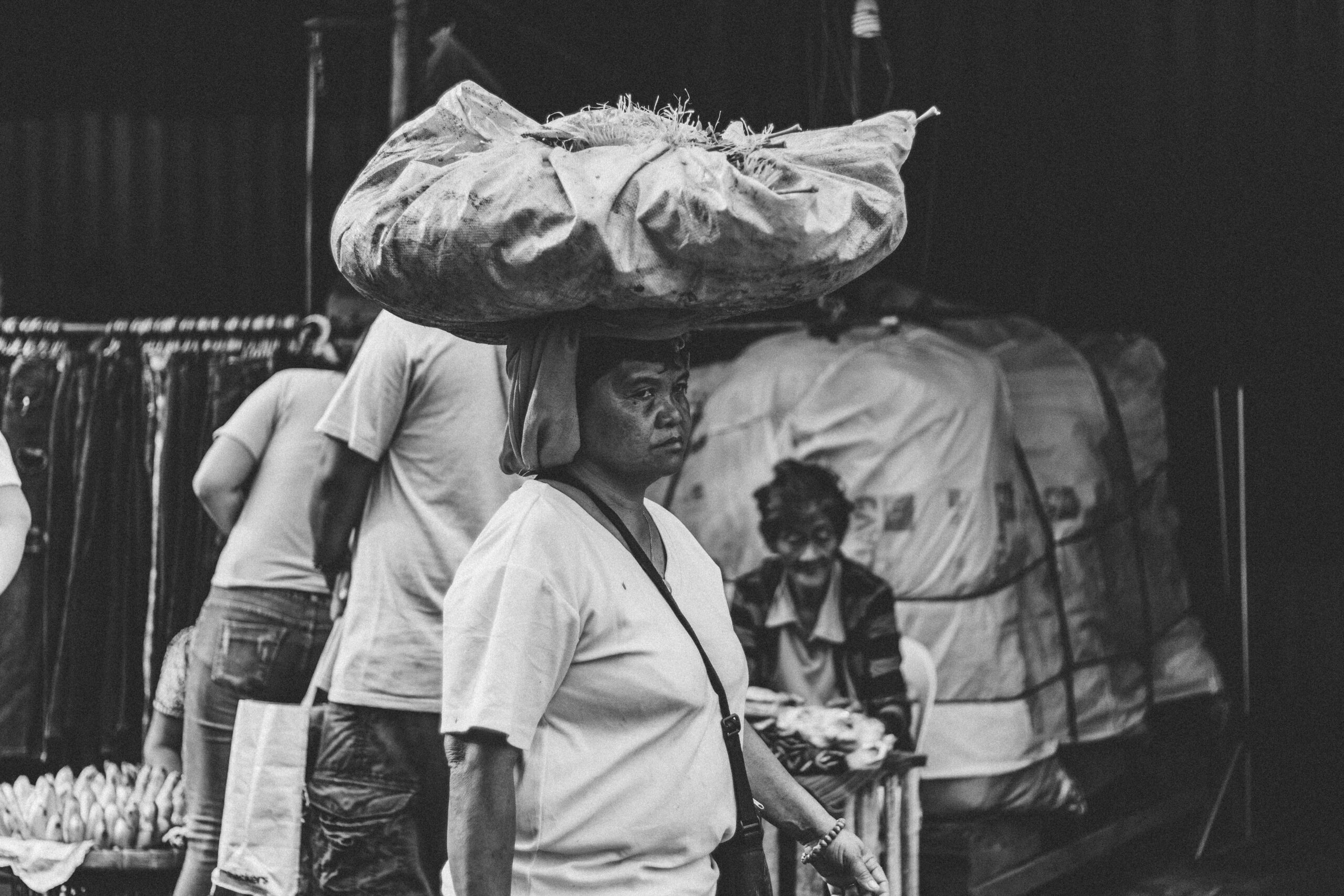6 May 2021
The Quality of Mercy
By Paul Branch
 According to the International Monetary Fund, in 2019 we were in the top five richest nations in the world in terms of GDP. Not bad for a little island of 65 million souls marooned off the northern European coast. Since those halcyon pre-pandemic days everyone’s economy of course has gone to hell in a handcart, but relatively speaking we are still quite nicely off thank you, and bettered in the Fat Cats league only by the likes of Germany, Japan, and the two big boys on the block, China and the USA.
According to the International Monetary Fund, in 2019 we were in the top five richest nations in the world in terms of GDP. Not bad for a little island of 65 million souls marooned off the northern European coast. Since those halcyon pre-pandemic days everyone’s economy of course has gone to hell in a handcart, but relatively speaking we are still quite nicely off thank you, and bettered in the Fat Cats league only by the likes of Germany, Japan, and the two big boys on the block, China and the USA.
Of the 50 top countries on the IMF list, the average GDP is around $1.3 trillion; 15 countries were above average (ours was some $2.8 tn, the USA’s over $21 tn), and the other 60% were below or way below. Libya and Afghanistan where we have a recent involvement struggle to make it onto the list at all; Syria’s GDP is probably more a reflection of President Assad’s personal wealth rather than his country’s decimated economy, as would be the case in other impoverished dictator-led countries in Africa and the Middle East.
Given our track record of emerging from sticky situations smelling of roses, I imagine the United Kingdom will survive Covid thanks to our many times blessed investment in vaccination, our social infrastructure and our ability to make money from financial services. We also have assets and savings built up over many centuries. Pity that close on 130,000 of our population won’t be around to see the brave new vaccinated world, despite all the advantages of our island fortress in which we couldn’t quite do enough to protect. But contrast our probably rosy future with that of many of our neighbours, suffering the effects of the pandemic on top of everything else that fate has already thrown at them, and likely to experience mortality rates from one cause or another far worse than even ours.
In general we seem to be of a fairly benevolent disposition, individually and nationally. Our personal charitable works are impressive and among the most philanthropic in the world: some 70% of us donate, with an appetite for helping the international needy as well as our own domestic charities (ironically Myanmar seems to top the list here, due to its Buddhist traditions). For an excellent example of the public mood, look no further than the furore created by the government’s initial intransigence over continuing payments for school meals during the holidays. Or the number of voluntary food banks that have blossomed throughout the country in even greater profusion since the onslaught of Covid, in response to a real demand where there was a vacuum of government action.
At the national level our country is proud of its reputation for helping others through its many UK aid programmes for developing countries. But that aid has been cut by over £4 billion, almost one third, in view of the government’s perception that we can’t afford any more and that, as a result of the pandemic, domestic needs take overwhelming precedence. Never mind the assertion that all will be made better in future years, the aid cuts are being felt right now by those least likely to be able to fend for themselves. Our funding of UNICEF, the United Nations’ children’s fund, is down by 60% with serious consequences for those most likely to be affected by Covid. Our funding of projects related to global water, sanitation and hygiene is being cut by 80%. And our contribution to the UN’s global family planning programme is down by 85%.
As with many other instances where government departments have been challenged for underspending, the stock answer never varies, and in this case the Foreign, Commonwealth and Development Office asserts that “they” will still spend more than £10 bn fighting poverty, tackling climate change and improving global health. No one stops to consider whether this sum is enough, nor to explain why we really can’t offer of afford more.
Boris Johnson has said that we will return to our former level of overseas aid when it is fiscally prudent to do so. Quite a cold, clinical but typically vague statement. Nothing about human need, human suffering, plain old human benevolence.
His new overseas best mate seems to be taking a different approach to budgeting. In the USA, Joe Biden’s humungously expensive proposals for new initiatives focus on domestic health, education and climate change, with significant improvements in social security and Medicare, and no reductions to international aid. The route to eventual legislation will no doubt be a bumpy one but at least it demonstrates Joe’s own values, and a conviction that those who can afford it should support those who can’t. Not surprisingly it also reflects the pleadings of Pope Francis that the wealthy developed world really can and should do a lot more to help the strugglers get adequate vaccine supplies, rather than wait until their own people have had their full dose. For this manner of encouragement the Pope was previously criticised heavily by Donald Trump for the heinous crime of being a socialist bordering on communism. To his credit, Francis suggested in return that a true Christian would build bridges rather than walls. Those two really didn’t get on.
The elections being held this week will tell us something of our true character, and perhaps shed light on whether we really believe that Boris was too busy saving lives to worry about the niceties of procurement policy and home refurbishment. Just think how many more of us would have perished had it not been for his dutiful diligence and grasp of priorities …. But in respect of his attitude towards the less advantaged, especially those to whom he may have some difficulty relating and who may not be in the vanguard of his supporters, he could do worse for inspiration than recall the words penned by the bard for Portia’s supplication in the Merchant of Venice:
The quality of mercy is not strain’d
It droppeth as the gentle rain from heaven upon the place beneath
It is twice blest; it blesseth him that gives and him that takes …
So come on Boris, take a deep breath and look within, swallow your ego and follow your conscience — you and your government have it in you to do better for the poor and needy, or is this what you’re really made of?
Tile Photo: by Chitto Cancio on Unsplash


